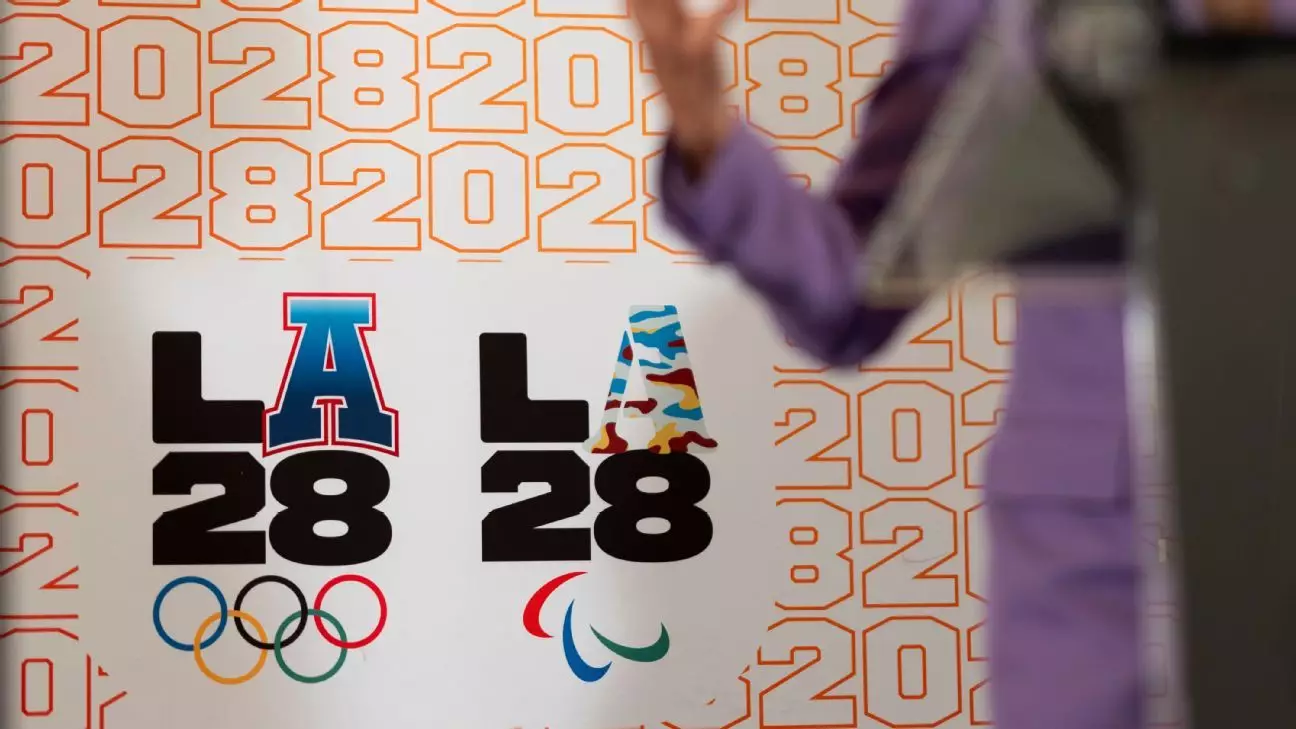The decision to commence basketball competitions two days prior to the official opening of the 2028 Los Angeles Olympics signifies more than logistical adjustment—it marks a bold shift towards a more athlete-centric and viewer-engaged approach. Traditionally, Olympic basketball has been perceived as a closing act, a spectacle that culminates after all other events. Temporarily flipping this order not only intensifies the excitement leading into the Games but also demonstrates a willingness to rethink long-standing scheduling conventions to enhance overall experience.
By starting on July 12—two days before the grand opening—organizers seem committed to prioritizing the sport’s role as a marquee event, potentially drawing global attention early in the Olympic cycle. This approach could also provide athletes with additional rest and preparation time between the group stages and subsequent knockout rounds, possibly elevating game quality. Moreover, this early scheduling might serve strategic broadcasting interests, allowing networks to capitalize on the intense interest in basketball without competing for attention with other opening-day festivities.
The Implications of a Pre-Opening Start for Athletes and Fans
The ripple effects of hosting the basketball tournament before the opening ceremony are profound. For athletes, this could translate into a more focused environment free from the distraction of the Olympic opening—a momentous occasion that often overshadows individual sports. It could foster a sense of identity and accomplishment earlier in the Games, energizing teams and fans alike.
From a spectator perspective, the early start has the potential to expand the Olympic experience. Imagine streaming live basketball matches that coincide with other sports’ peak viewing times, creating a festival-like atmosphere over an extended period. Fans can indulge in continuous high-stakes basketball, elevating anticipation for subsequent events and giving the Games an extended buzz that lasts from the opening tip to closing medals.
Furthermore, this scheduling adjustment underscores a broader strategic shift favoring flexibility and innovation. The Olympics, traditionally bound by rigid calendars, appear willing to adapt for enhanced engagement and operational efficiency. It signals a recognition that the Olympics must evolve in response to contemporary entertainment consumption habits and athlete needs.
Potential Challenges and Opportunities for the 2028 Olympics
Despite its promising outlook, starting basketball before the opening ceremony also introduces complexities. Logistics become more demanding, with organizers juggling event flow, team accommodations, and security across an extended timeline. It could set a precedent, raising questions about how other sports might adapt their schedules in future Games.
However, these challenges are outweighed by the opportunity to redefine Olympic storytelling. An early basketball start could serve as a catalyst for more dynamic scheduling, allowing for a more staggered and spread-out Games that mitigate crowding and logistical bottlenecks. It could also inspire other sports to consider similar innovations, fostering a more modern and engaging Olympic model.
In essence, the choice to kick off basketball competitions early reveals a willingness to challenge tradition and prioritize spectator engagement and athlete welfare. As the world watches Los Angeles in 2028, this bold move might just set a new standard for how Olympic events are curated, experienced, and remembered.


Leave a Reply